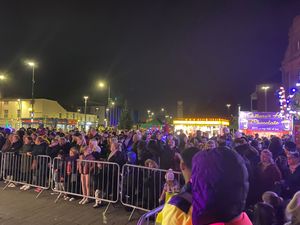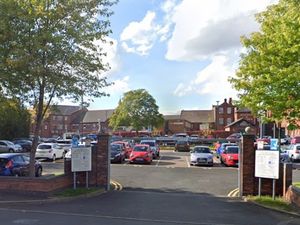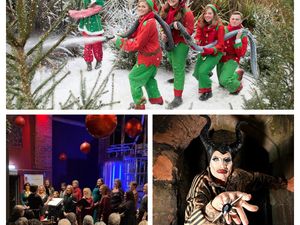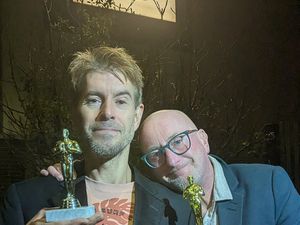Dudley Zoo weaves web of success for work to save threatened spider species
Dudley Zoo weaved a web of success as it scooped a gold award for their project with the Fen raft spider.
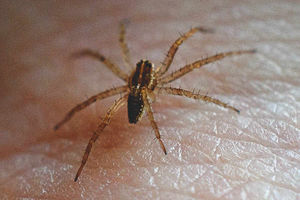
The Castle Hill attraction was awarded gold in the British and Irish Association of Zoos and Aquariums (BIAZA) 50th Anniversary awards for the project which began in 2011.
Working with nine other zoos around the UK, the zoo co-ordinated the national programme which involved zoo keepers acting as foster parents to 2,450 Fen raft spiderlings for two months, feeding and caring for them until they were strong enough to be released into their natural habitat.
There are only three known populations in Norfolk, East Sussex and South Wales due to major losses to their wetland habitats.
They are listed as vulnerable on the IUCN's Red List and is one of only two spider species fully protected by UK law.
Zoo conservation officer, Chris Leeson, said he was thrilled that the zoo had picked up the award. He said: "We're thrilled to be recognised by BIAZA for our work with Fen rafts.
"Rearing them in captivity increases their slim survival chances in the wild to over 90 per cent.
"So without projects like this one, where we've been able to give the species a helping hand to re-populate and hopefully help secure its future, it would've been difficult for the arachnid to recover on its own."
Former presenter Caroline Howard played 'mum' to 400, one to two week old babies. She individually fed each one fruit flies every few days, using a pooter to blow the food into the test tube for the spiderling.
The spiders were then released back into the wild, where monitoring of their populations still continues.
Dr Kirsten Pullen, director of BIAZA, added: "The standard of award submissions was incredibly high this year and I'm delighted that Dudley Zoo has achieved a gold award for the BIAZA Fen raft spider project."
The Fen raft spider is an semi-aquatic species, hunting its prey on the surface of water.
They are typically black or brown in colouration with white stripes alongside their bodies.
Adult females can span 70mm including their legs.
They will live for two and half years, feeding on aquatic invertebrates such as pond skaters, dragonfly larvae, small fish and smaller aquatic spiders.
Two breeding attempts usually take place between the months of July and September, with mating usually taking place early in the season, before the male then dies shortly afterwards.
National Insect Week will run from June 20 to 26.

